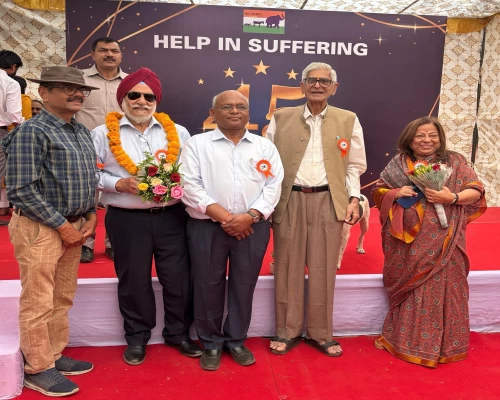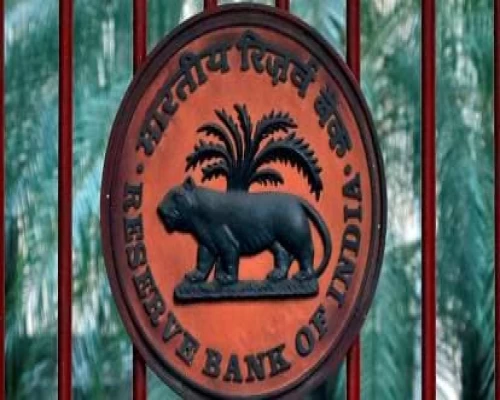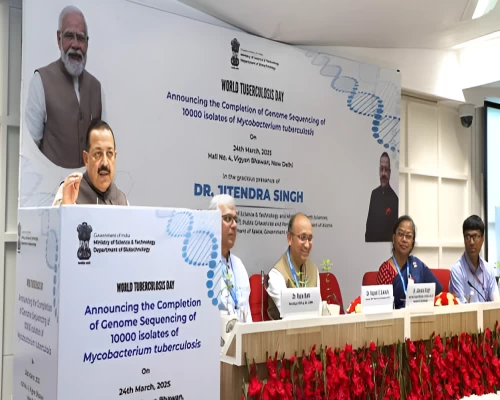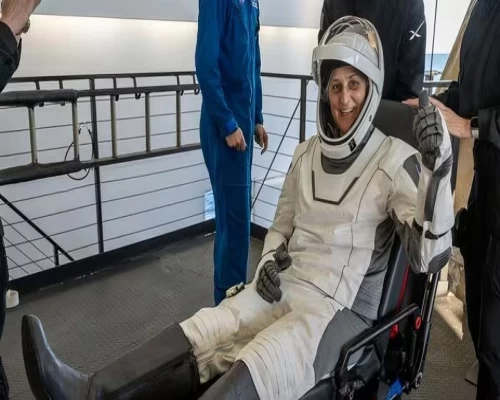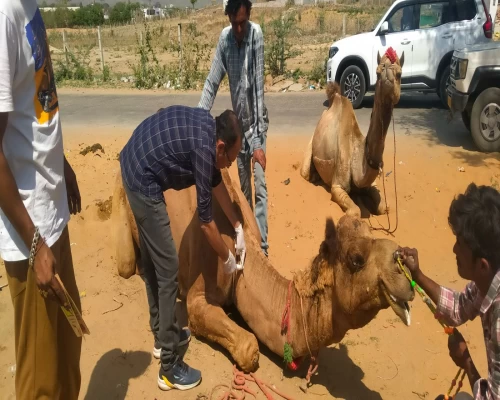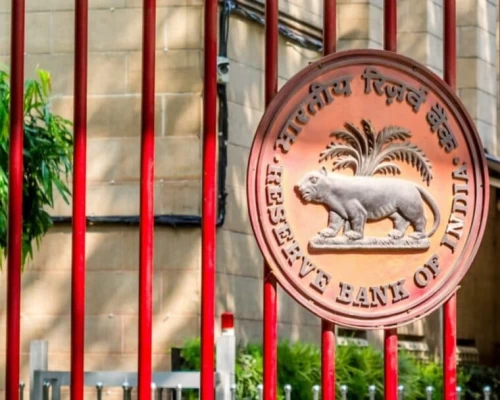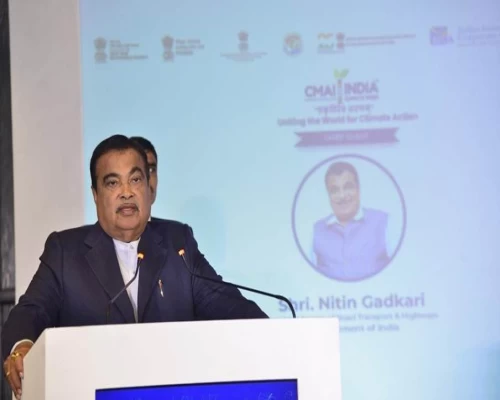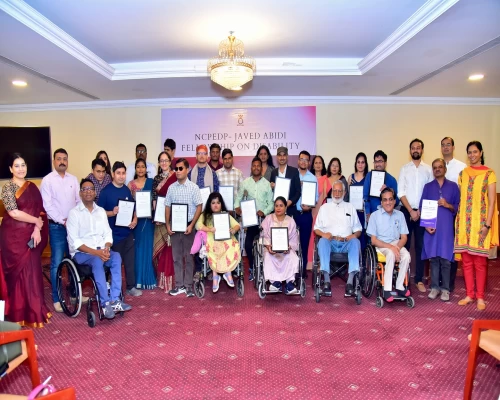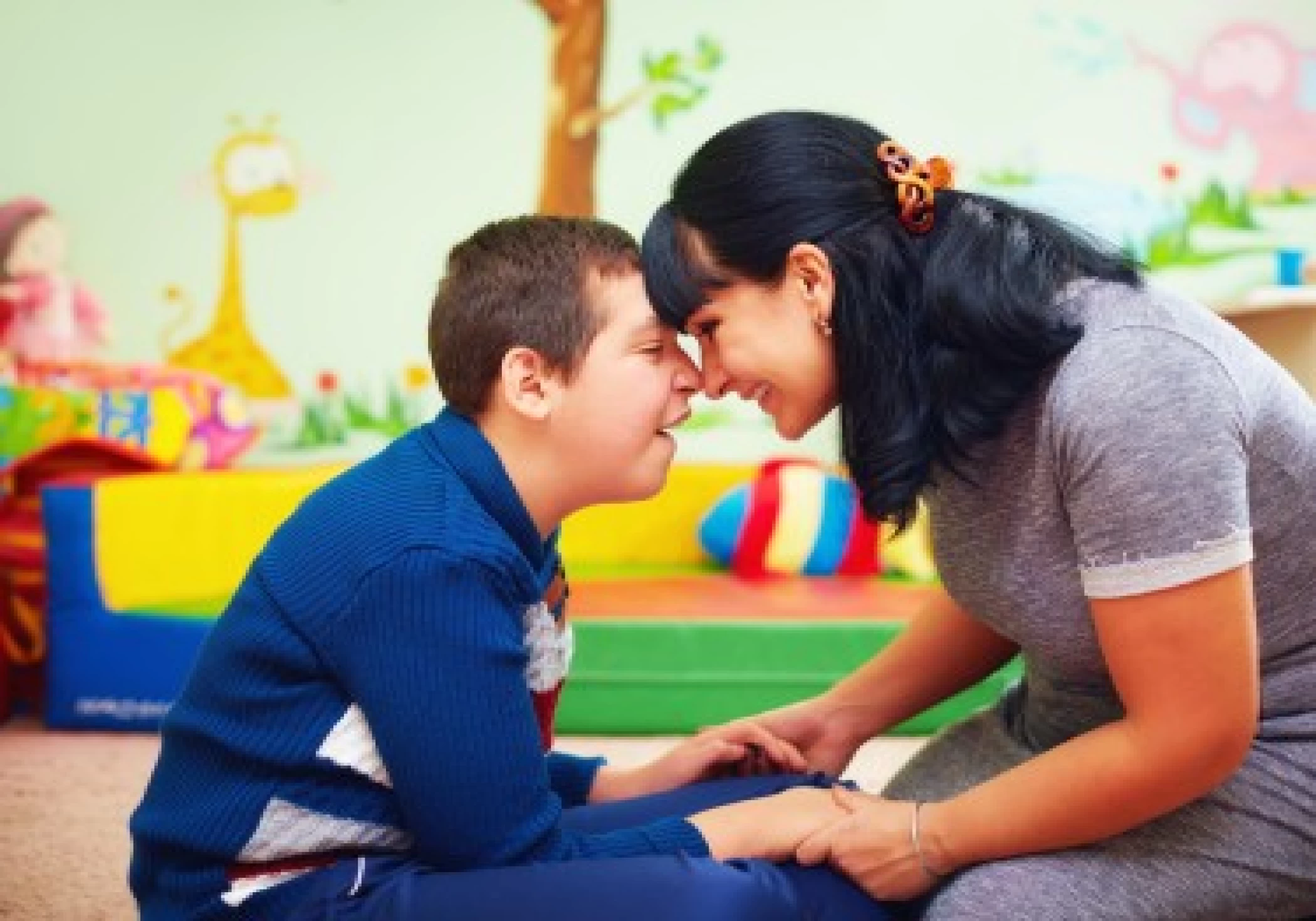
As society moves towards greater inclusivity, it's imperative to confront the distinct hurdles faced by individuals with intellectual and developmental disabilities (IDD) and their caregivers. Recent data underscores the magnitude of this issue in India, with a prevalence of 10.5 cases per 1000 people. Interestingly, urban areas slightly outpace rural regions, with rates of 11 and 10.08 cases per 1000 respectively, shedding light on the intersection of geography and disability. Compounded by India's status as the home of the world's largest child population, the urgency to address these challenges becomes even clearer. In the journey towards genuine inclusivity, it's vital to recognize and support the diverse abilities of all individuals.
The responsibility weighing on the shoulders of parents and caregivers of individuals with IDD is immense, fraught with the uncertainty of who will provide care once they are unable to do so. This solitary struggle is compounded by the inadequacy of existing support structures.
The Rights of Persons with Disabilities (RPwD) Act rightly acknowledges parents as primary caregivers, yet it's crucial to recognize the broader support network required beyond parental care. Along with caregivers, synergy with state and society to provide comprehensive support as per life cycle needs of PwIDD is imperative. This includes ensuring access to rehabilitation services, quality health services, creating opportunities for accessible housing, promoting inclusive education, facilitating employment options, good community living, social & recreational integration as well as equitable geriatric care tailored to the diverse needs of individuals with IDD. Participation in political discourse and legal capacity also needs to be accessible to realise the rights entrusted by constitution and legislation.
Government initiatives such as Anshuman Bharat and Sanjeevani offer vital healthcare services, their oversight of individuals with IDD is glaring. It's imperative to bridge this gap through heightened awareness and specialized training within the healthcare sector. By incorporating dedicated modules on special education into medical training programs, healthcare professionals can be equipped with the expertise needed to deliver adequate care to individuals with IDD. Additionally, existing healthcare programs like Rashtriya Bal Swasthya Karyakram (RBSK) primarily focus on physical disabilities, neglecting the early intervention needs of IDD individuals. Bridging this gap requires a comprehensive approach that encompasses both medical and developmental aspects, ensuring holistic care from infancy to adulthood. Such inclusive measures not only ensure equitable access to healthcare but also promote a society where every individual's unique needs are recognized and addressed. Convergence among inter ministries and departments should be attempted with defined & targeted approach to deliver the specific outcomes for individuals with IDDS. Manual for Aanganwadi personnels & Prashast checklist by NCERT are recently launched measures in this direction.
Institutional care, though unavoidable, must be the supplementary recourse for individuals with disabilities and certainly not the single available option. To truly foster inclusivity and empower individuals with intellectual and developmental disabilities (IDD), it's imperative to implement comprehensive training and sensitization programs across diverse sectors.
The financial hurdles confronting individuals with intellectual and developmental disabilities (IDD) and their families only serve to exacerbate their already challenging circumstances. The lack of access to essential financial services such as health insurance, loans, and banking facilities significantly impedes their ability to achieve financial stability and security. It is imperative for the government to step in and implement measures that guarantee equitable access to financial resources and opportunities for economic empowerment. By addressing these systemic barriers, we can create a more inclusive society where individuals with IDD can achieve their full potential and participate meaningfully in economic activities. Access to credit linkage on preferable and discounted terms of lending; support in leveraging market dynamics; ease of business by economies of scale and acquiring livelihood skills are few of the support mechanisms needed.
As we draw to a close in our examination of the challenges encountered by individuals with intellectual and developmental disabilities (IDD) and their caregivers, it is evident that our shared obligation is to chart a course towards inclusivity, empowerment, and societal integration. Embracing diversity, cultivating supportive communities, and enacting policies that prioritize the needs of IDD individuals are essential steps toward creating a harmonious society. In this inclusive landscape, every voice is acknowledged, and every individual is esteemed for their intrinsic value. It is through these concerted efforts that we can build a world where all individuals, regardless of ability, can flourish and contribute meaningfully to the fabric of society.
Written by Arman Ali, Executive Director, NCPEDP and Pankaj Maru, President, Parivaar - National Confederation of Parents Organisations




